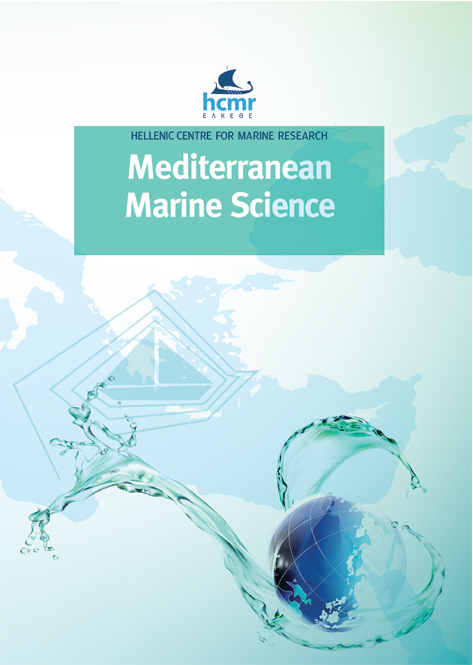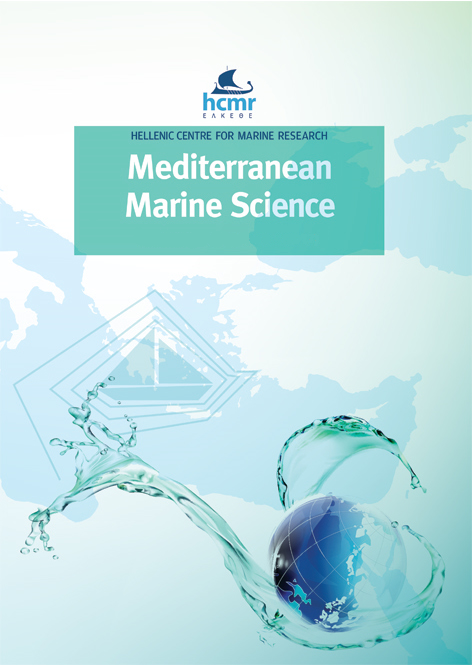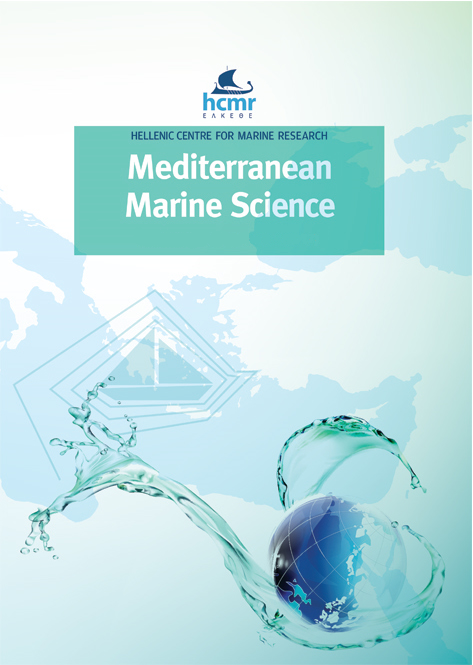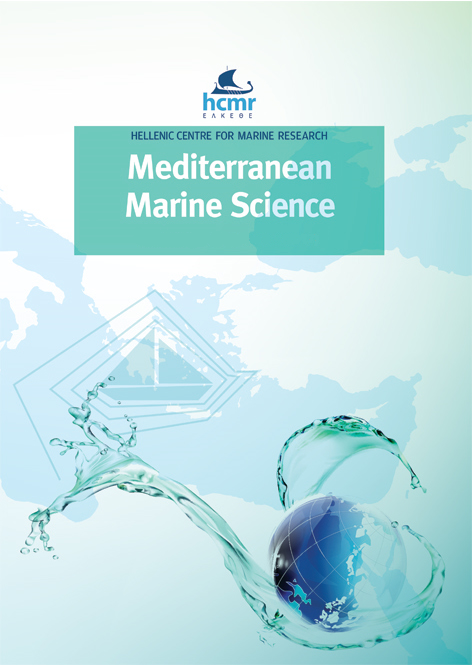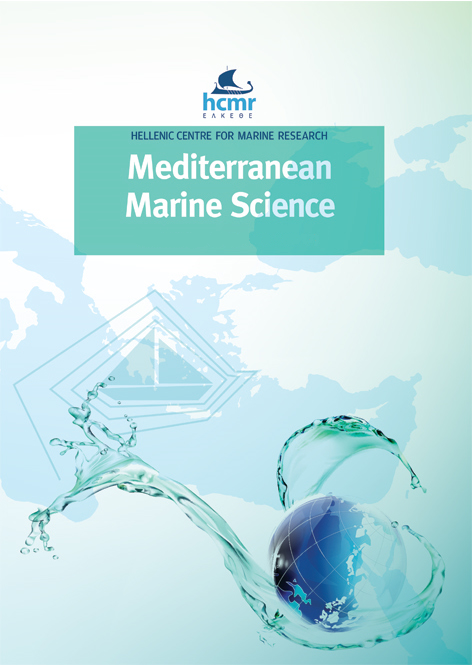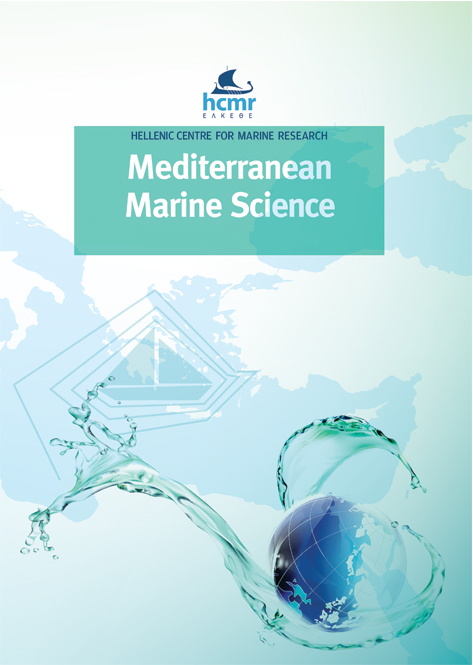Physiological responses of the fan mussel Pinna nobilis to temperature: ecological and captivity implications
Abstract
The fan mussel Pinna nobilis is experiencing a mass mortality event throughout the Mediterranean Sea. The survival of the remaining isolated populations and the maintenance and reproduction of individuals in captivity could determine the future of the species. This paper examines the clearance rate (CR) and oxygen consumption (VO2) of fan mussel individuals measured under 5 different temperatures (8.5, 14, 18, 23 and 28ºC). The measurements of both physiological variables revealed a threshold limit of thermal tolerance at both extreme temperatures, indicating the critical situation of the remaining populations, which are located in coastal lagoons and shallow bays where these extreme temperatures usually occur. Besides, the high clearance rates observed highlight the significant ecosystem service provided by the species in terms of water filtration, especially in confined waters with low renewal rates. Routine control of the clearance rate as an early warning system is proposed for detecting ailing individuals. Such a system could also be used to improve captivity conditions.
Article Details
- Zitationsvorschlag
-
HERNANDIS, S., IBARROLA, I., TENA-MEDIALDEA, J., ALBENTOSA, M., PRADO, P., VÁZQUEZ-LUIS, M., & GARCÍA-MARCH, J. R. (2023). Physiological responses of the fan mussel Pinna nobilis to temperature: ecological and captivity implications. Mediterranean Marine Science, 24(2), 259–271. https://doi.org/10.12681/mms.31050
- Rubrik
- Research Article
Authors who publish with this journal agree to the following terms:
- Authors retain copyright and grant the journal right of first publication with the work simultaneously licensed under a Creative Commons Attribution Non-Commercial License that allows others to share the work with an acknowledgement of the work's authorship and initial publication in this journal.
- Authors are able to enter into separate, additional contractual arrangements for the non-exclusive distribution of the journal's published version of the work (e.g. post it to an institutional repository or publish it in a book), with an acknowledgement of its initial publication in this journal.
- Authors are permitted and encouraged to post their work online (preferably in institutional repositories or on their website) prior to and during the submission process, as it can lead to productive exchanges, as well as earlier and greater citation of published work (See The Effect of Open Access).

